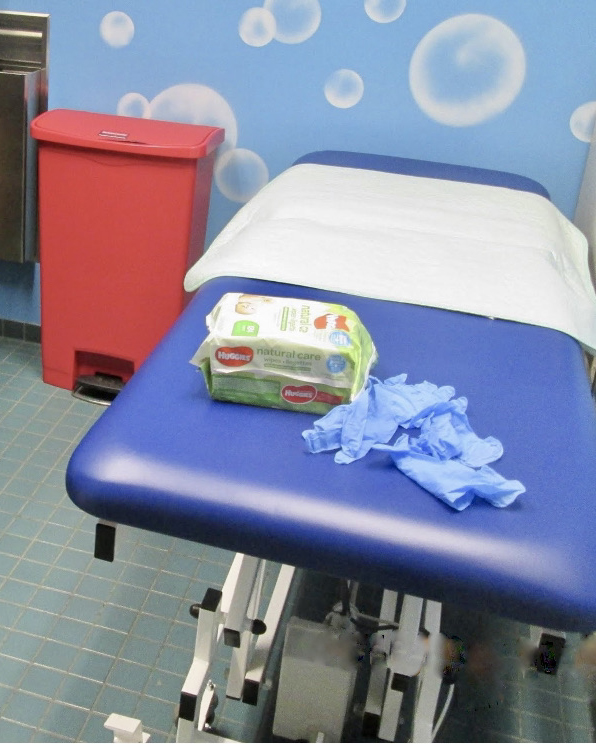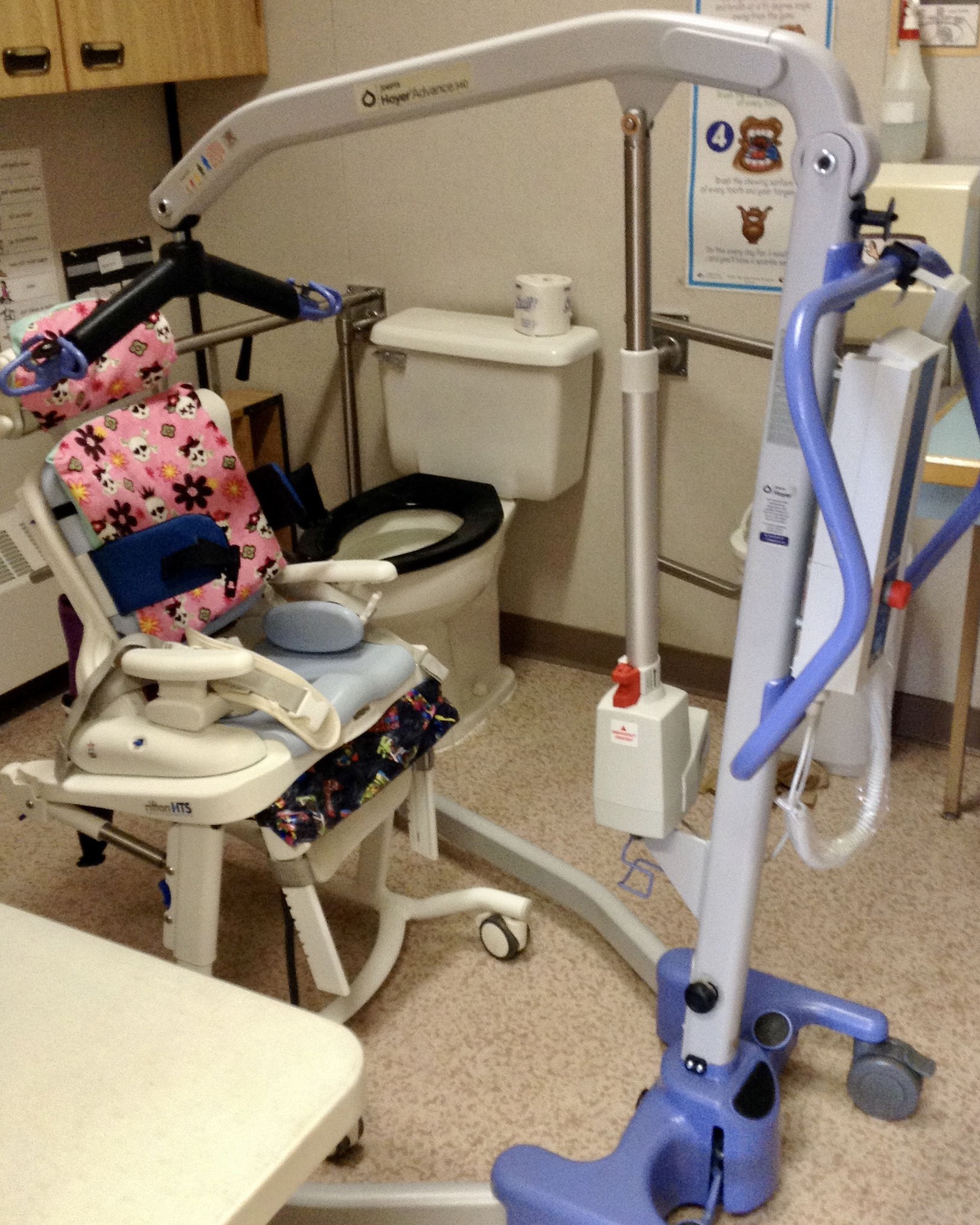Module 6: Medical Complexities
Medical Trauma
The student with multiple, complex disabilities will inevitably spend more time in the health care system than their classmates. Their experiences, often from birth, will include invasive procedures such as having tubes placed, surgeries, anesthetics, and needles. In their day-to-day lives, these students need others to provide support for their health care. Many of these procedures can build fear and aversion to medical care.
When working with a student with complex disabilities, we must always approach all care and health routines gently and with kindness and respect. We must let the student know what is coming (verbally, through light touch, and with visual supports if appropriate), give them time to process what is happening, and give their consent. We must recognize and respect the feelings they have about the procedures being done to them every day.
Bowel and Bladder Function
Students with complex needs can have difficulties with bowel and bladder function. These difficulties can include incontinence and constipation (particularly serious if it results in a bowel obstruction). Diet, movement, and paralysis can also impact bowel and bladder function.
Interventions include scheduled personal health routines, wearing incontinence garments, therapist recommended diet and movement support, as well as specialized equipment. Equipment such as a mechanical lift and changing table could be required to move and change the student safely. Commodes can be used to support students to sit over a toilet. Therapists can provide training to school support staff in the individualized lifting and transferring procedures for each student.
These personal health care procedures require considerable time outside the classroom, and opportunities for peer interactions are reduced. Careful planning is required to ensure that these absences are the least disruptive to the student’s learning and inclusion. Additional consideration is required when a student needs more than one staff person to be safely lifted.


Orthopedic Procedures
Students with physical disabilities can require multiple, invasive surgeries throughout their school careers. These surgeries can include spinal surgeries to limit the progression of scoliosis, and hip surgeries to prevent dislocation of the joint are often necessary to reduce pain and slow down the progression of further deformity. These surgeries often result in prolonged absences from school. Interventions can include teachers helping students remain connected to their classmates to address their learning and social needs during periods of recovery and providing additional supports when the student returns to school.
Students with complex needs can also require orthotics to slow the progression of tone complications. Orthotics, like seating, need to be reviewed by specialists as the student physically develops. The time away from school is generally less than surgical recovery but is still important to monitor the student for comfort and impact to participation once they return.